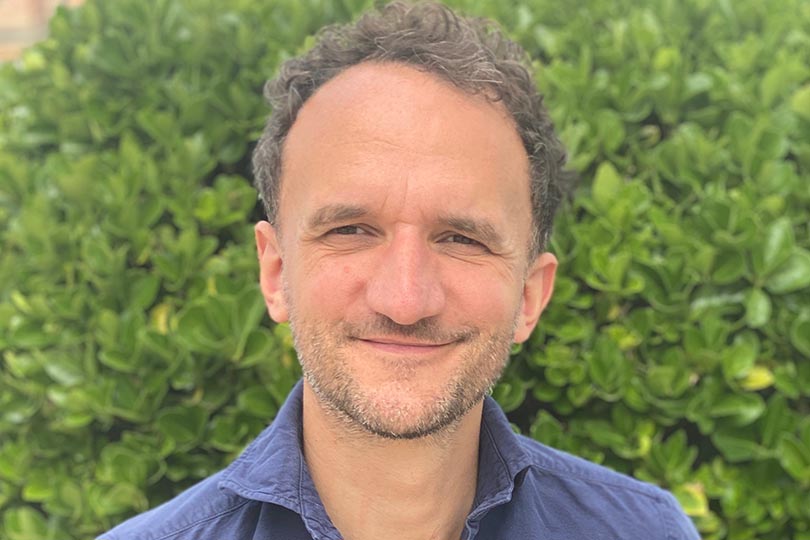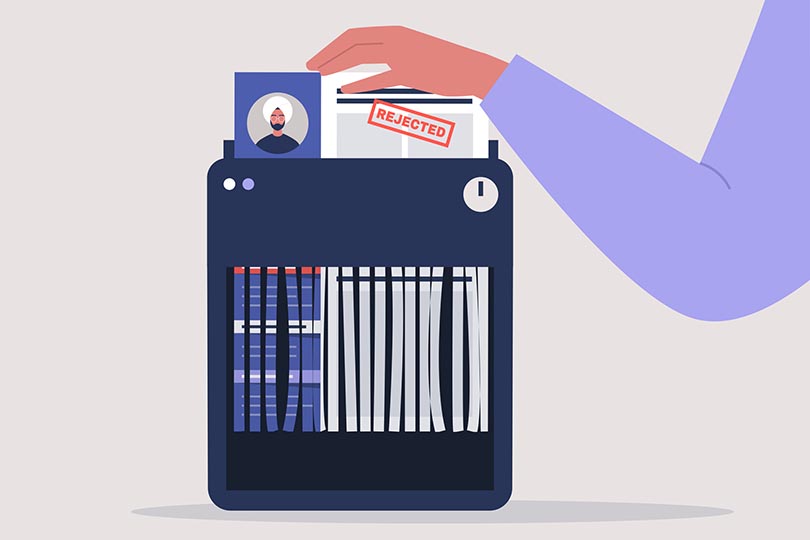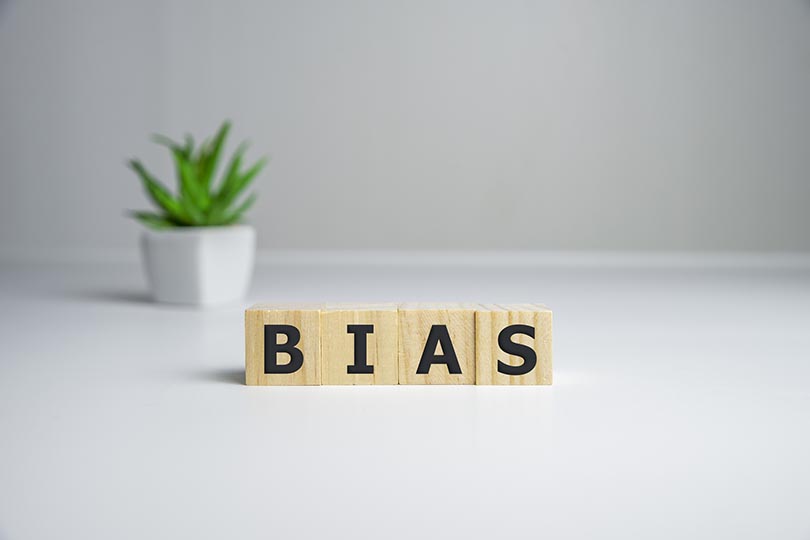What is unconscious bias and how can we limit its impact in the workplace?
Madeleine Barber speaks to recruitment and training experts to find out how your company can address unconscious bias and promote diversity and inclusion in the workplace
“We all have unconscious bias,” says Ricky Wilkes, founder and director at recruitment consultancy Wander, which strongly supports diversity and inclusion. “It’s about understanding we all have it and how we mitigate it. It’s important to be aware of the influence unconscious bias has and to adjust your actions accordingly.”
Unconscious bias isn’t currently widely talked about enough in the travel industry and, as Beyond Analysis’ bias expert Jordan Browne-Moore recently explained, it can cause economic vulnerability, weak brand image and stunted business growth.
However, in order to talk about it, it’s essential to understand it. Jayne Little, founder and chief executive of Skills 4, a company specialising in diversity training and consultancy, defines unconscious bias as “our automatically operated unintentional people preferences – categories formed by our socialisation, experiences and exposure to the media”.
“Put simply, people who are like each other, like each other,” she says.
Little worked in the travel industry for 10 years until 2003 and says bias was at play. Examples of unconscious bias she experienced in travel include assumptions that passengers heading for fly-cruises in the Caribbean are all mature and wealthy, or seats on flights to Menorca will be filled with families. She recalls that this was the only route where kids’ meals outnumbered adults’ meals in the plane’s ovens.
STEPPING STONES
A survey conducted by TTG Media and PwC in July 2019 stated non-white attendees at travel industry conferences number fewer than 5% and only 25% of board-level roles in travel are occupied by women. This shows that people preferences – whether unintentional or not – are rife in our industry.
While raising awareness of unconscious bias alone won’t fix these discrepancies, it’s certainly a step in the right direction. And with Wilkes pointing out that highlighting your unconscious bias isn’t something to be ashamed of, there’s no reason not to address this tomorrow.
But where to start? Looking at your recruitment process with unconscious bias in mind would be a wise step (see box). “There’s strong evidence to suggest [hirers in] the recruitment process are highly susceptible to unconscious bias, which undermines the validity of the process,” says Wilkes.
“The travel industry needs to unite and start talking to ethnic minority groups from a very early stage so they can start becoming leaders in the industry – people need to show, not tell. Promote from a BAME background. Inspire people of colour.”
HOW TO MITIGATE UNCONSCIOUS BIAS WHEN RECRUITING

Ricky Wilkes shares his tips for avoiding unconscious bias during the recruitment process.
- Ask candidates to remove their name, gender, ethnicity, age and education from their CVs.
- Always involve more than one person in the selection process.
- Take time beforehand to discuss and understand the nature of unconscious bias – it's common to not recognise instances of unconscious bias so taking this time will help people question their own prejudices.
- Don’t rely on one-off basic training. Unconscious bias should be a consistent conversation topic and steps should be taken to actively avoid pigeonholing.
- Ask yourself, how does your company celebrate differences?
Being aware of when you’re most susceptible to unconscious bias will also help mitigate it.
“Our unconscious bias is most likely to be at play when we are under cognitive stress, so we need to be even more vigilant when we are at work as we are more likely to have deadlines, be working under pressure or fatigued,” Little explains.
Having a handle on data showing diversity is also important, but not nearly enough companies are conducting this kind of research. The TTG Media and PwC survey found that only around 20% of organisations collect and analyse data on discrepancies in promotions by gender, race and/or other dimensions of diversity.
INVESTING IN THE FUTURE
Unconscious bias training is also a recommended step towards correcting predispositions. Little suggests that senior leadership teams should be the first to take the training in order to demonstrate good behaviour in the workplace and become role models for their teams. Skills 4 offers this service, as well as online training for lower-level staff members covering understanding unconscious bias, how it’s created and maintained, its impact on the organisation and what can be done to reduce biased decisions and behaviours on both a personal and workplace level.
Little says the businesses that buy into raising awareness of unconscious bias and take steps to mitigate it will reap the rewards.
“Smart organisations understand the competitive advantage of diversity and inclusion in terms of increased innovation, challenging group thinking, improved financial performance and enhancing the brand,” she says.
“Unconscious bias must be addressed as part of the diversity and inclusion strategy in order to have a workforce that is representative of client base, attract the best talent through a strong employer brand and create inclusive workplaces – which means they retain diverse talent and tap into the business benefits that diversity and inclusion brings.”
















